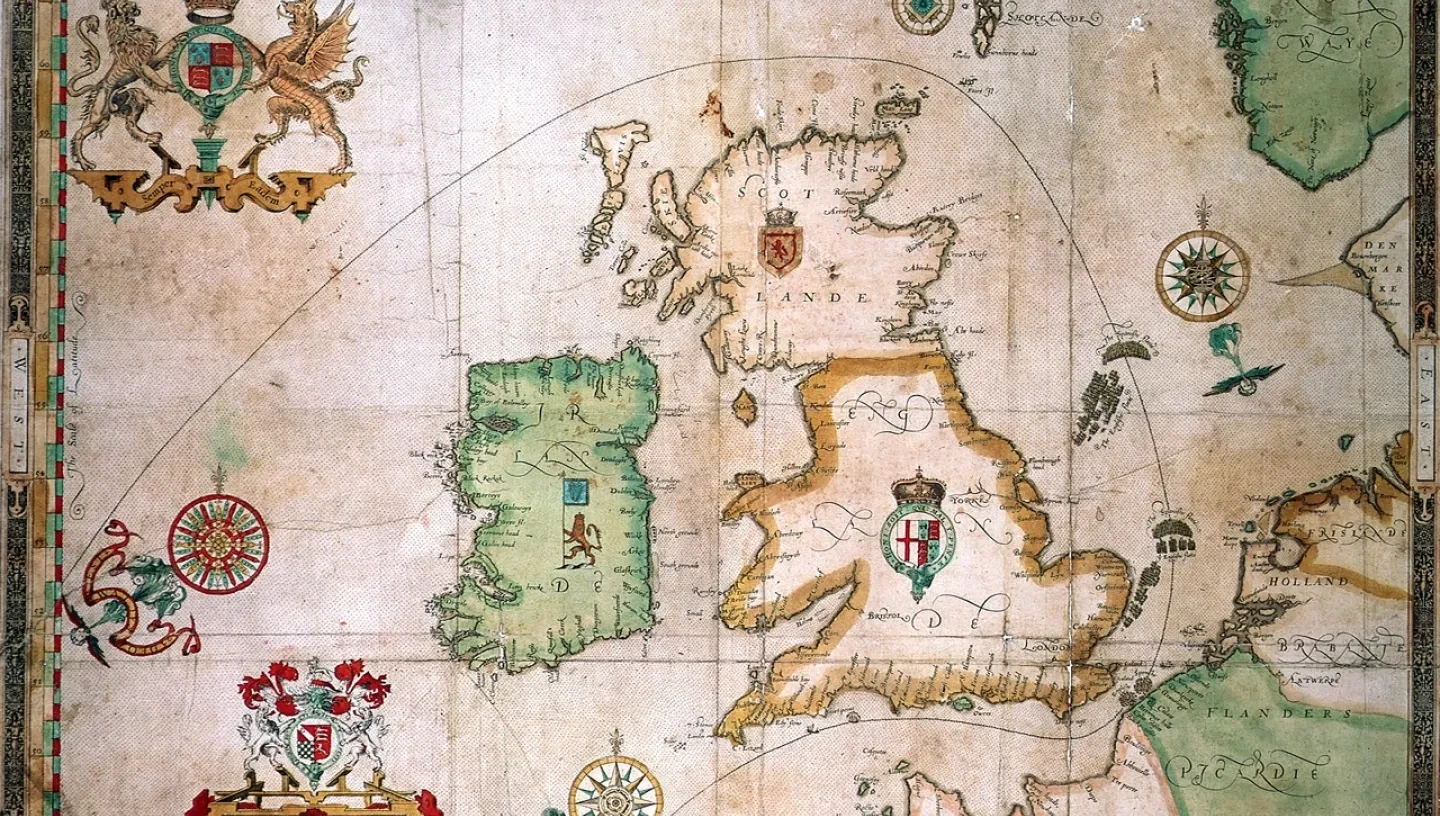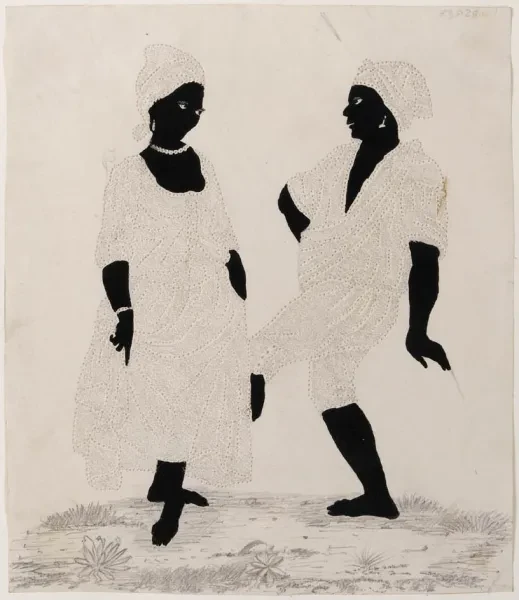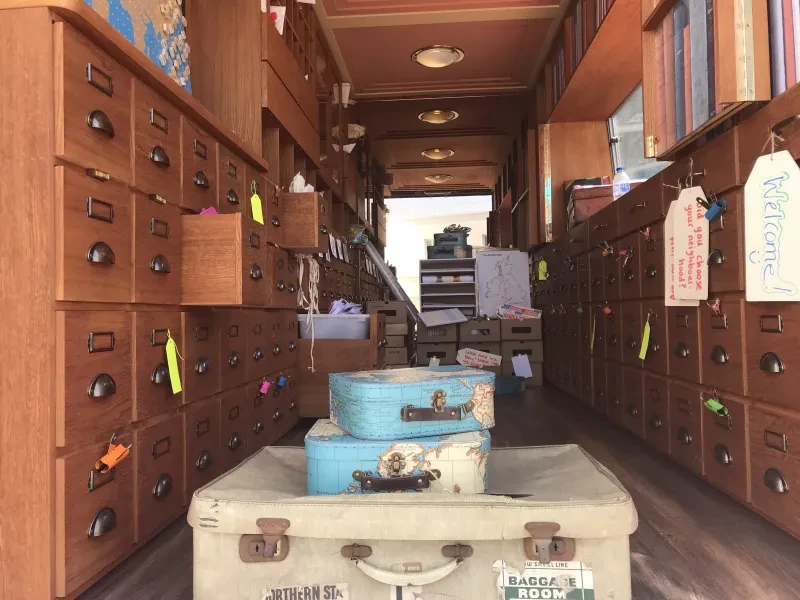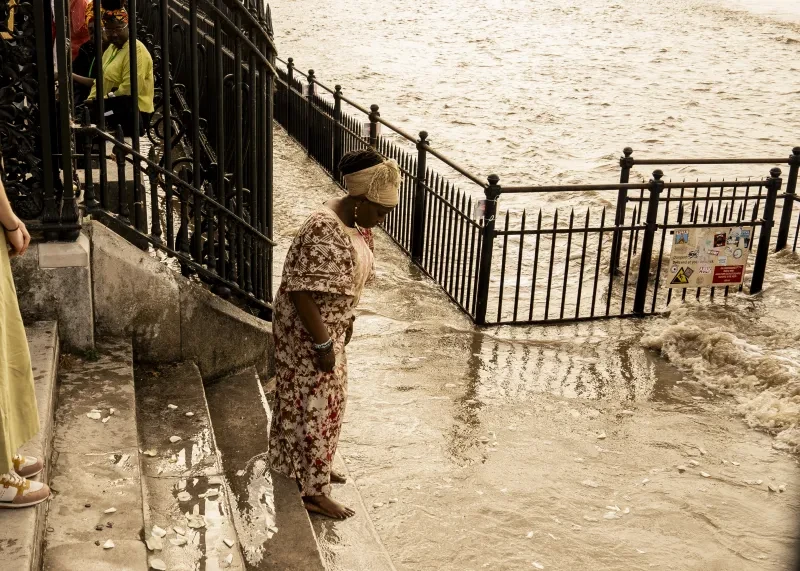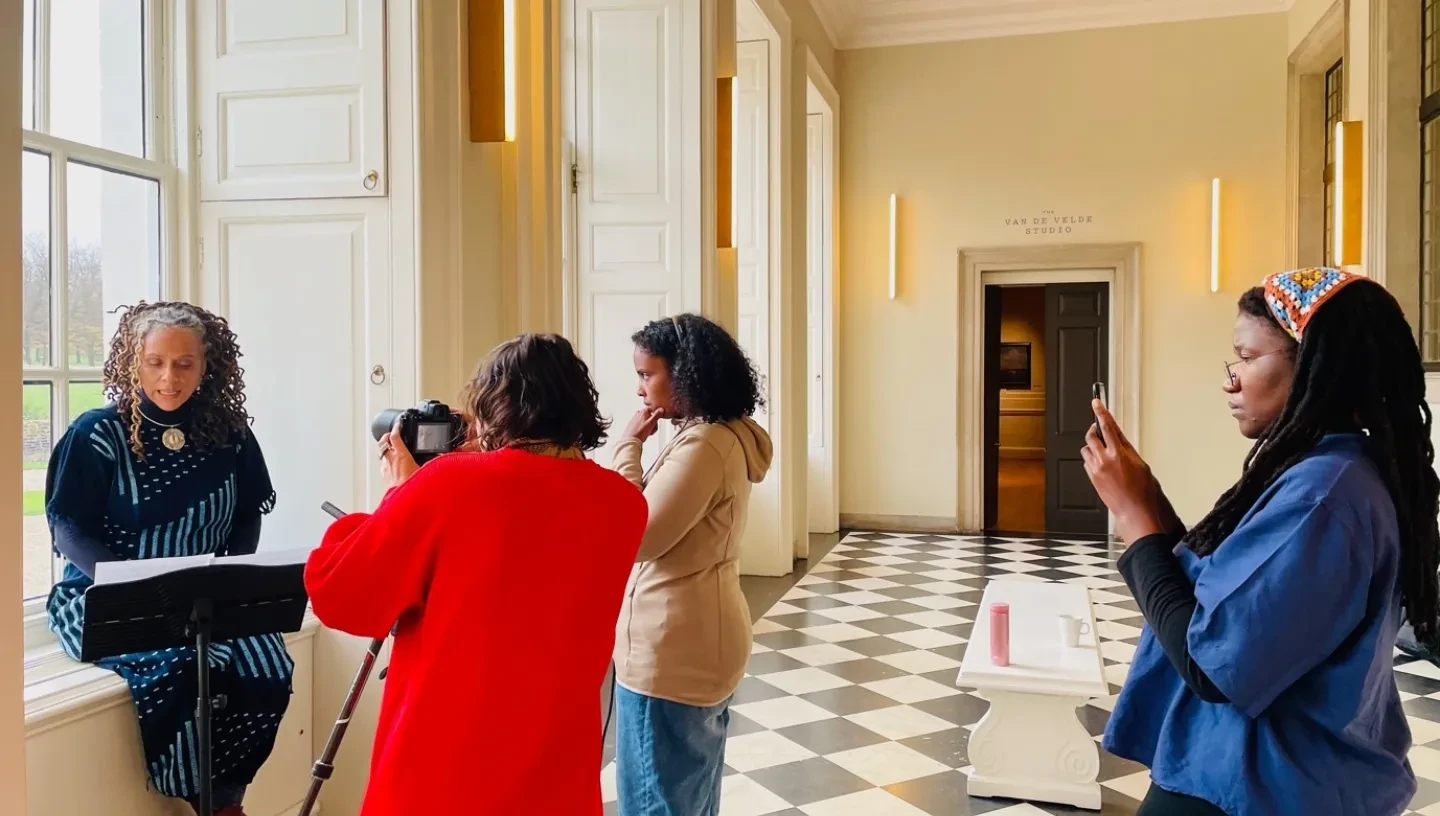
Nydia A. Swaby is the inaugural Caird Research Fellow jointly based at the Centre for the Study of the Legacies of British Slavery (UCL) and Royal Museums Greenwich (2021-2022).
Her practice engages archives, autoethnography, photography, the moving image, and the imagination to curate programmes and visual narratives, write research and performance texts that explore the gendered, diasporic and affective dimensions of Black being and becoming.
Nydia is an editor of Feminist Review and co-edited an issue on Archives (July 2020). She is Curator of Talks and Research at ICA, where she co-curated echoes, feelings, and meanings (2021), Five Volumes for Toni Morrison (2020), and several programmes as part of the Politics of Pleasure Collective (2018-2019).
Nydia is currently writing a speculative biography about pan-African feminist Amy Ashwood Garvey that uses her archive, life and activism to ask broader questions about the futurity of Black feminist archives and archival research (Lawrence Wishart 2023). She has a PhD in Gender Studies from SOAS, University of London.
During her fellowship, Nydia continued her exploration into the development of Black feminist archives through academic, creative and curatorial research.
Using collections held at Royal Museums Greenwich and catalogued by the Centre for the Study of the Legacies of British Slavery, her project aimed to both create and curate Black feminist engagements with archives and archiving. The project develops an innovative methodology, combining archival research and autoethnography, with curatorial practice in collaboration with Black women working in different disciplines.
Nydia’s research is guided by two central questions: in what ways do archives and the physical or digital space in which Black women encounter them engender emotions and other forms of affect? How can Black women use emotions or feelings to conduct archival research or to create archivally engaged work?
To answer these questions, Nydia surveyed collections held at the Brass Foundry, the Caird Library and the Prince Philip Maritime Collections Centre, and digitized archives accessible through Collections Online and the Centre for the Study of the Legacies of British Slavery’s database, to identify material that speaks to the lives of Black women, using text and audio note-taking to document her feelings and emotions during the research process.
She also worked with the Museum’s Learning and Engagement team to develop workshops for Black women that allowed participants to engage with and write about their emotional responses to these archives.
Based on this research, Nydia plans to develop a series of performance lectures that presents a Black feminist narrative in the Museum’s collection, through an assemblage of still and moving images, prose and sound.
She is also creating a moving image artwork called daughter(s) of diaspora (2023, trailer above), and has commissioned performance artist Jahmila Heath, singer/songwriter Selena Seballo and therapist writer Foluke Taylor to respond to a curated selection of archives and feature in the film. The project is supported by filmmaker Nikta Mohammadi, visual sociologist Kundai Moyo and sound artist Hodan Omar Elmi.
Filmed at the Brass Foundry, the Queen’s House, the Caird Library, and the Atlantic Worlds Gallery, daughter(s) of diaspora uses Black women’s feelings and emotions to grapple with the distortions, chasms and absences in the Museum’s archives.
Rooted in the afterlife of transatlantic slavery and colonialism, and how these histories continue to shape the Black diasporic experience, daughter(s) of diaspora asks how material from the past informs Black women’s understanding of their present realities and their hopes and dreams for the future.
Moving image artwork supported as part of the Windrush Day Grant Scheme



